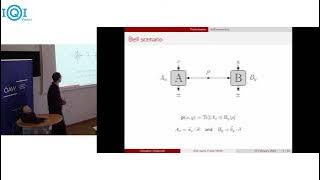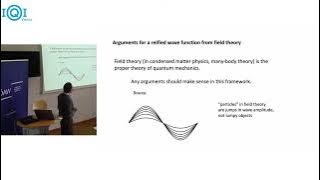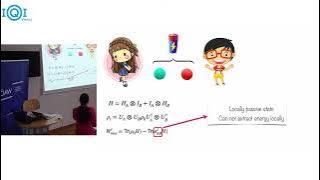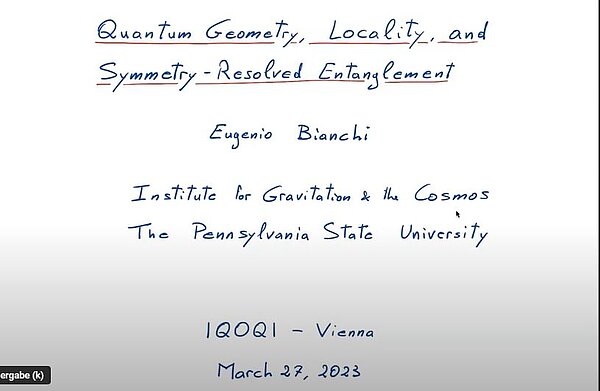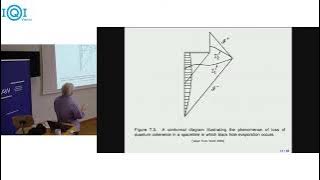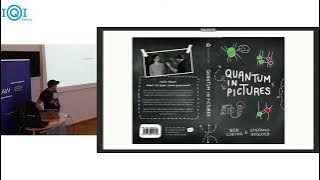|
YouTube
|
Es wird eine Verbindung mit YouTube hergestellt, um Videos anzuzeigen.
|
-
|
Verbindung
|
YouTube
|
|
SoundCloud
|
Es wird eine Verbindung mit SoundCloud hergestellt, um Audio-Dateien abzuspielen.
|
-
|
Verbindung
|
SoundCloud
|
|
Twitter
|
Es wird eine Verbindung mit Twitter hergestellt, um Tweets anzuzeigen.
|
-
|
missing translation:
type.
|
Twitter
|
|
_cs_c
|
Zeigt an, ob der Nutzer dem Tracking durch ContentSquare zugestimmt hat.
|
394
Tage
|
missing translation:
type.
|
Spotify (ContentSquare)
|
|
_cs_id
|
Speichert eine eindeutige Benutzer-ID für die Analyse durch ContentSquare.
|
394
Tage
|
missing translation:
type.
|
Spotify (ContentSquare)
|
|
_ga
|
Wird verwendet, um Benutzer zu unterscheiden.
|
400
Tage
|
missing translation:
type.
|
Google Analytics
|
|
_ga_BMC5VGR8YS
|
Dient Google Analytics zur Aufrechterhaltung des Sitzungsstatus.
|
400
Tage
|
missing translation:
type.
|
Google Analytics
|
|
_ga_S0T2DJJFZM
|
Dient Google Analytics zur Aufrechterhaltung des Sitzungsstatus.
|
399
Tage
|
missing translation:
type.
|
Google Analytics
|
|
_ga_ZWG1NSHWD8
|
Dient Google Analytics zur Aufrechterhaltung des Sitzungsstatus.
|
400
Tage
|
missing translation:
type.
|
Google Analytics
|
|
_ga_ZWRF3NLZJZ
|
Dient Google Analytics zur Aufrechterhaltung des Sitzungsstatus.
|
400
Tage
|
missing translation:
type.
|
Google Analytics
|
|
_gid
|
Wird verwendet, um Benutzer zu unterscheiden.
|
1
Tage
|
missing translation:
type.
|
Google Analytics
|
|
_ScCbts
|
Speichert temporäre Sitzungs- oder Wiedergabeeinstellungen.
|
6
Tage
|
missing translation:
type.
|
Spotify
|
|
_scid
|
Spotify-Werbe-ID für Analyse und Remarketing.
|
395
Tage
|
missing translation:
type.
|
Spotify
|
|
_scid_r
|
Spotify-Werbe-ID für Analyse und Remarketing.
|
395
Tage
|
missing translation:
type.
|
Spotify
|
|
eupubconsent-v2
|
Speichert die IAB-Zustimmungsinformationen gemäß dem TCF.
|
364
Tage
|
missing translation:
type.
|
IAB / Spotify
|
|
OptanonAlertBoxClosed
|
Speichert, ob der Cookie-Hinweis geschlossen wurde.
|
364
Tage
|
missing translation:
type.
|
OneTrust
|
|
OptanonConsent
|
Speichert die Zustimmungseinstellungen, die über OneTrust gesetzt wurden.
|
365
Tage
|
missing translation:
type.
|
OneTrust
|
|
sp_adid
|
Werbekennung von Spotify für Tracking und Personalisierung.
|
365
Tage
|
missing translation:
type.
|
Spotify
|
|
sp_landing
|
Zeichnet auf, welche Spotify-Seite zuerst besucht wurde.
|
1
Tage
|
missing translation:
type.
|
Spotify
|
|
sp_m
|
Speichert die Marktregion des Nutzers.
|
399
Tage
|
missing translation:
type.
|
Spotify
|
|
sp_t
|
Sitzungstoken für Spotify-Wiedergabe und Zugriff.
|
365
Tage
|
missing translation:
type.
|
Spotify
|
